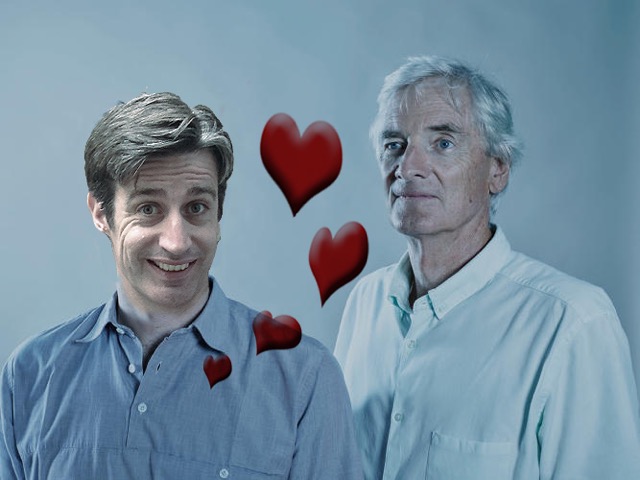
I have a man-crush on James Dyson.
It started about 9 years ago when I read an article about him in Reader’s Digest while visiting my parents. Where else would one even find a Reader’s Digest other than your parent’s house? A little serendipity mixed with Mom’s homemade chili the night before, and I found myself sitting down to meet the new love in my life. I salivated reading as he spoke so passionately and earnestly about his quest to create the perfect vacuum cleaner.
No, I don’t have a fetish for vacuum cleaners, but it did read like a trashy romance novel to me: 50 Shades Of Dirt. But it’s not the thing that he was creating that was exciting, it was the conviction in his effort. For decades I’ve held onto the quote “Good is the enemy of great” as my personal mantra, and here was a man living it too. Not for money, but for the love of elegant problem solving.
This morning he whispered more sweet nothings in my ear in a new article. I highly recommend you read the article yourself, but these are the quotes that lassoed my heart like a siren’s call:
-
- “I think the better way to think of it is that we’ll only get into a field if we believe we can transform it—if we have the technology to really make a difference. This isn’t a commercially driven venture,” he says of the company. “It’s not about just making good business decisions. It’s about much more than that.”
-
- “I’ve always thought it depended on what kind of company you wanted to be, whether or not you bring in other shareholders,” Dyson says. “Our interest is in technology and engineering and design, and as a family business, we are able to keep the focus and philosophy there. We’re able to think very long-term, to develop technology that might be 20 to 25 years away. We can afford to do it. We can afford to make mistakes without anyone being sacked. We can take a long-term view of everything.”
-
- The first vacuum Dyson built after starting his own company, in 1993, also featured a transparent bin. “We did market research and discovered that nobody wanted to see the dirt,” Dyson says. “But as engineers, we couldn’t understand that. We loved seeing what went on inside—how much the machine picked up every time you ran it. So we ignored the research.”
- Dyson could have released the machine earlier but kept waiting: “There are moments, obviously, when you’d love to see your product out there,” Aldred says. “But I’d hate to have it out there knowing it could be better. And I’m lucky, having someone like James, who is prepared to let us spend all this time getting it exactly right.”
Love sick,
Alec